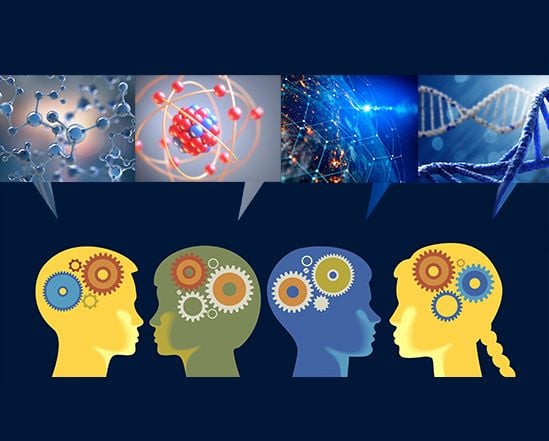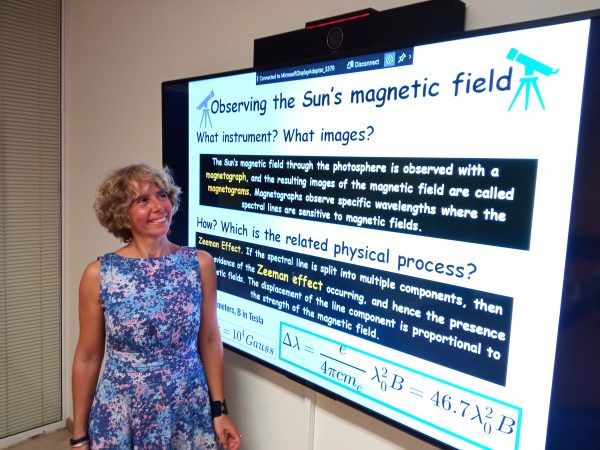
Science Communication

This course is offered in collaboration with the National Center for Scientific Research “Demokritos” and will be taught by a Demokritos researcher/scientist. Classes will be held at the facilities of Demokritos.
This course will provide both a practical and a theoretical approach into science communication. Communicating effectively scientific results is an essential skill nowadays since not only it can lead to fruitful collaborations but it can also result in obtaining important amount of funding (as public engagement is a key factor in every researcher’s application for a grant) that can help develop further any scientific project. More importantly, it can have a positive impact on society by increasing the Science Capital, promoting scientific literacy and hence fighting pseudoscience and the lack of trust of public towards scientists.
The main purpose of the course is to highlight the importance of effective science communication and present the various ways through which it can have a positive long lasting influence in a wide range of audiences (such as creating collaborations on an academic level, building the trust with the general public and inspiring young students to follow STEM related subjects at the University). In more detail, the students will learn how to share key findings and results from different research groups at NCSR “Demokritos” and measure the impact that this communication can have both for the society and for the research center. This means the students will firstly familiarize themselves with the scientific method and the different types of scientific research in different topics (such as lab work in the nanoscience or theoretical work in nuclear physics), they will then learn how to share this information in different audiences. Lastly, in order for their work to be meaningful, they will evaluate their projects and measure the impact it has.

Course Approach
Key topics will be covered through lectures, discussions, workshops and interactions with researchers. The students will be informed, by interviewing our researchers, about up to date research that is happening in the different Institutes of NCSR “Demokritos”. They will then communicate the methods and results of this research through different approaches to a wide range of different audiences. These include science writing and storytelling, public speaking, wide use of social media, participation in outreach events and the development of an activity for primary or high school students. These require both individual work and team work. The students will interact with some of the best researchers and will be able to apply what they have learned in practical settings. Feedback will be provided so they can evolve during the duration of the module.
Learning Objectives
By the end of the course, the students should be able to:
- Understand the scientific method and the different types of scientific research, in other words understand how researchers think and act in different fields such as nanotechnology, nuclear physics, telecommunications and biology. Syllabus Page 2 of 11
- Recognize the important role of scientific literacy in society.
- Communicate effectively important scientific results obtained at NCSR “Demokritos” to different audiences. This means that they will be able to adapt their method according to the audience (age, societal background, knowledge, scientific or not).
- Use different ways of communicating effectively science: storytelling, presentations, social media, writing, visual media.
- Learn about pedagogical approaches in teaching science and create activities for the classroom based on research relevant to the NCSR “Demokritos”.
- Evaluate the impact of their science communication efforts and reflect on the feedback in order to improve their skills and projects.


